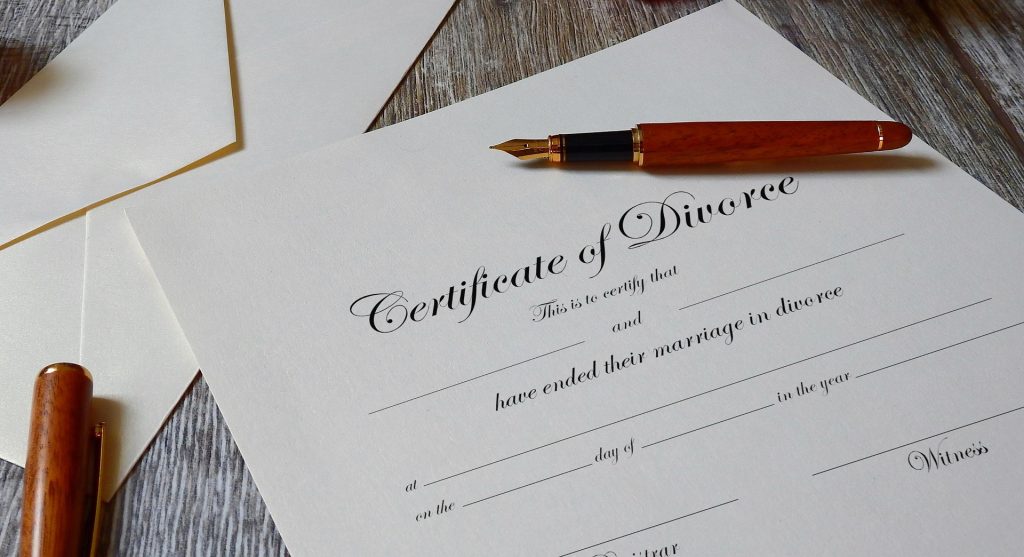February the 12th, 2024 – When it comes to the weird world of Croatian laws, there are many you might not know of. Here are four of them from past and present.
When I was still a wee first-year law student, one of our classes featured a guest lecturer from the USA, writes Katja Mihelic. In order to prepare for the class, we had to read up on a topic that had to do with the philosophy of law, full of technical terms we had yet to grasp, all in English. Confused and unsure how to proceed, we came to the class dreading the moment when this stern American professor would start asking questions.
What greeted us defied all of our expectations. Dressed in a plain T-shirt, with tattoos on both his arms, to break the ice, the professor started walking among us, listing weird and anachronistic American laws that are in place even today. He even openly admitted to crossing the street at a red light on his way to the lecture. In comparison to our own professors, always dressed in perfectly ironed button-up shirts, he couldn’t look less like an authority on a legal matter. And yet…
To me, Croatian laws are not dissimilar to what I experienced that day. For all the procedural complexity, at their core, they are straightforward and written in a way that is easy to understand, even to an average person. However, even if they are easy to comprehend, they will still often leave you wondering….why???
#1 If you commit an offence described in the Law on Misdemeanors Against Public Peace and Order, you will be charged a fine – in German marks

As Index/Hina wrote in 2019, this is one of the weirdest Croatian laws to have existed. It has existed since 1977, and was last amended in 1994 when, due to the war and the difficult economic situation, inflation hit the Croatian dinar (kuna didn’t become the official currency until May of that year). The amendments to that particular law expressed penalties in German marks. After 1994, no government felt the need to rectify this, so the courts came up with an intricate way to convert the sum the offender has to pay first into euros, and then into kunas. Naturally, this was pre-Eurozone entry. So, how did they do that?
Well, the Croatian National Bank used the exchange rate of the mark against the euro, which in 1999 was fixed at 1€ = 1.95 DEM. Therefore, after the verdict, the penalty must be expressed in euros, and since this currency wasn’t domestic before Eurozone accession either, the middle exchange rate of the CNB for kuna and euros was once again used. In short, a fine of DEM 200 was first converted into euros and amounted to €102, after which, using the CNB’s daily exchange rate (€ 1 = HRK 7.39), the amount was HRK 757.
At the time of writing of this article, we didn’t have the exact statistics on the number of documented misdemeanours for 2020 or 2021, but whatever they are, we are sure that making the culprit figure out the sum to be paid on their own would serve as an excellent additional deterrent.
#2 Husbands cannot initiate divorce proceedings if their wives are pregnant

The Croatian Family Law Act allows for women to file for divorce when pregnant, but husbands have to wait until the baby is one year old. The rationale behind this is that the added stress of divorce could have an added negative impact on a woman who’s already in a delicate state and thus in an unequal position in comparison to her husband. On the whole, Croatian laws are still finding their footing when it comes to the rights of women.
#3 Retirees coming from outside the EU cannot obtain permanent residence in Croatia

As described in the article Why Croatia Is Not (But Could Be) a Top American Retirement Destination, foreigners who are well-off and just want to enjoy living in Croatia, but have no ties to Croatia will find themselves in front of a brick wall if they attempt to stay here on a more permanent basis. Even if they are willing to contribute by paying the taxes, insurance, have proof they won’t become an unnecessary burden to the system, and are willing to donate their time and skills to the community. They can be granted only a temporary one-year visa, after which they must leave the country and can’t reapply until 6 months after expiration.
#4 Homeless people used to have proof of residence to apply for a place in a shelter, despite having no residence to speak of

This legal conundrum was finally fixed several years ago, when, after a long battle with the system, Mile Mrvalj became the first person to be able to effectively call upon Article 6 of Law on Residence which dictates that every homeless person has the right to obtain residence (and address) at the local Centre for Social Care or other institution which provides accommodation for the homeless people. Without an address, a homeless person cannot register to vote, look for work, or to sign up for social security and is in danger of being fined for not having a valid ID card. Today, Mile is a tour guide for Invisible Zagreb, a project aimed at raising awareness of the problem of Zagreb’s homeless people. You can find them on Facebook, with tours in English also available.











